What is drawout switchgear?
In today's fast-paced world, uninterrupted power supply is crucial for modern infrastructure and industries. With electricity being the backbone of our daily lives, it is imperative to have reliable electrical distribution systems in place. Drawout switchgear has emerged as a reliable and efficient solution in this domain. In this blog post, we delve into the intricacies of drawout switchgear, its functionalities, benefits, and why it is a preferred choice for critical power distribution needs.
Understanding Drawout Switchgear:
Drawout switchgear refers to a type of electrical distribution equipment designed to control and distribute electrical power within a facility or an industrial setting. It comprises a rack or enclosure housing multiple switchgear panels that house various electrical components and mechanisms such as circuit breakers, fuses, contactors, relays, and control devices, among others.
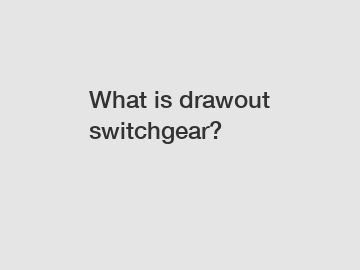
The main differentiating feature of drawout switchgear is the ability to "draw out" or withdraw individual circuit breaker units from their operating position in a rack for maintenance, repair, or replacement purposes, without having to turn off the entire system. This modular and flexible design ensures convenience, minimal downtime, and reduces the risk of electrical accidents during maintenance operations.
Functionality and Benefits:
1. Modular Design: Drawout switchgear offers modularity by allowing individual circuit breakers to be installed, removed, or replaced with ease. This feature makes expansion and modifications seamless, reducing downtime and improving overall system reliability.
2. Enhanced Maintenance: With the ability to withdraw circuit breakers, maintenance and testing can be performed on individual units without disrupting the entire power distribution system. Repairs can be carried out swiftly and efficiently, saving both time and money.
3. Safety First: The drawout mechanism of the switchgear minimizes the risk of electrical hazards. Since individual units can be isolated for maintenance, there is a lower chance of accidental exposure to live electrical components. This ensures the safety of maintenance personnel, enhancing overall occupational safety.
4. Improved Energy Efficiency: Drawout switchgear allows for shrewd energy management by enabling load shedding and load transfer capabilities. In times of high demand or emergencies, specific circuit breakers can be disconnected or transferred to alternate power sources, optimizing power distribution and reducing energy wastage.
5. Reliability and Flexibility: The modular design of drawout switchgear ensures reliability and flexibility in power distribution systems. It can be easily upgraded or reconfigured as per changing electrical requirements, allowing for seamless integration of new equipment or technology.
6. Reduced Downtime: The fast maintenance and replacement feature of drawout switchgear drastically reduces downtime. With individual units being quickly and safely drawn out, repairs and replacements can be executed without interrupting critical operations, hence minimizing financial losses.
Additional resources:What Are the Basics of Limit Switches?
Are Telecom Rectifier Power Systems Suitable for Remote Areas?
Which advancements in SF6 switchgear will revolutionize the power industry?
Do Electric Heated Throws Consume Excessive Electricity?
Which Signal Spectrum Analyzer Brand is Worth the Investment?
What Is a Limit Switch?
How to Choose a Micro Switch?
Why Choose Drawout Switchgear?
1. Industry Proven: Drawout switchgear has gained popularity over the years due to its proven track record in diverse industries. It continues to be a preferred choice for critical power applications such as hospitals, data centers, industrial plants, and large commercial facilities.
2. Enhanced Control and Monitoring: Drawout switchgear can be equipped with state-of-the-art control and monitoring systems, enabling real-time visibility of electrical parameters, malfunctions, and alarms. This helps in timely identification and resolution of power-related issues, ensuring continuous power availability.
3. Compliance with Standards: Modern drawout switchgear adheres to various international standards and compliances, ensuring optimal performance, safety, and compatibility with other electrical equipment. These standards include IEEE, IEC, NEMA, UL, CSA, and others, providing customers with peace of mind regarding the quality and reliability of the system.
Conclusion:
Drawout switchgear represents a significant advancement in electrical distribution systems, offering a flexible, efficient, and safe solution for power management. Its modular design, ease of maintenance, enhanced safety features, and adaptability make it an ideal choice for critical power applications. With the ability to withdraw individual units without interrupting operations, drawout switchgear provides businesses and industries with uninterrupted power supply while ensuring the highest level of safety for their personnel and equipment.
For more information, please visit vacuum circuit breakers, indoor ac switchgear for sale, outdoor ring main unit.
More articles:
What Are The 2 Types of Fiber Optic Cable?
The Quest for the Best Wireless Car Charger
What Is the Function of a Micro Switch?
Ultimate Guide: Stainless Steel Roller Waterproof Limit Switch
Unlocking the Untapped Power of Camel Grazing in Gebeng
What are the different types of indoor switchgear?
What are the different types of earthing switches?
What is a draw out circuit breaker?
What is the function of a tension clamp?

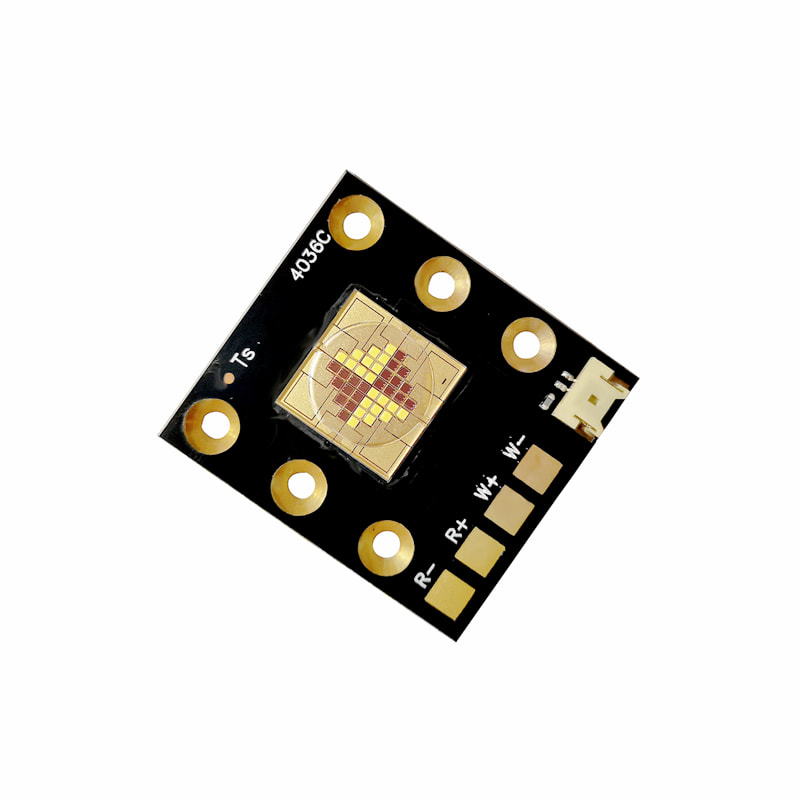
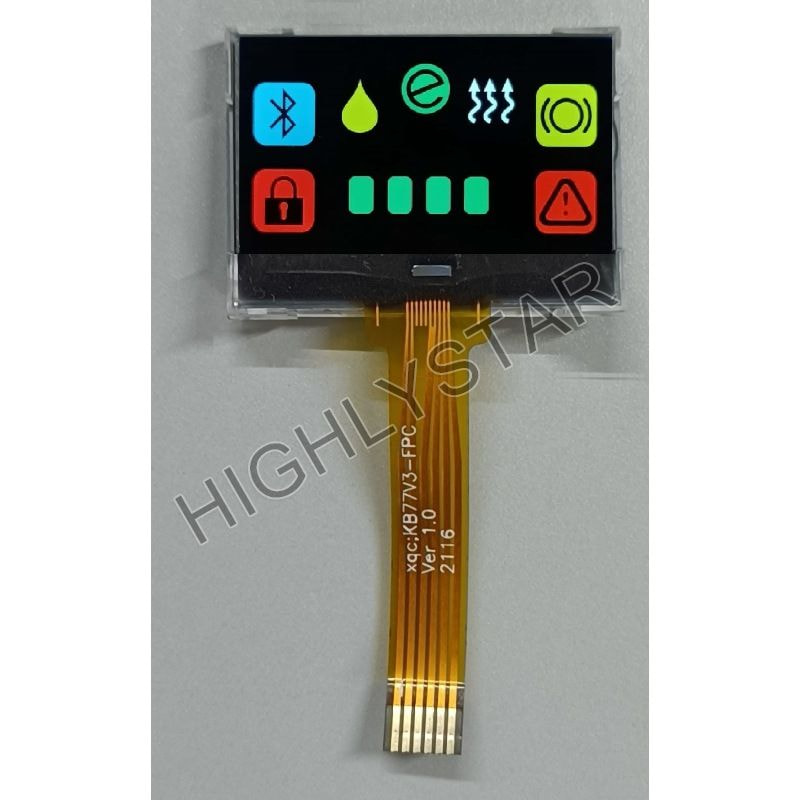
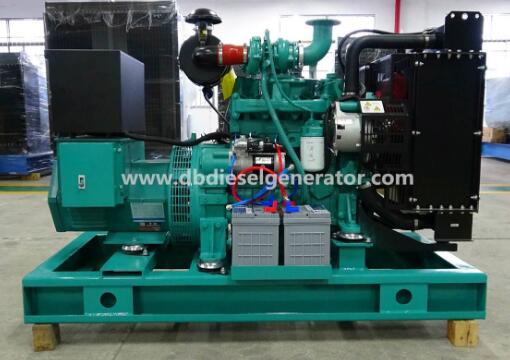


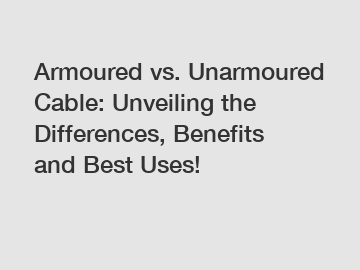
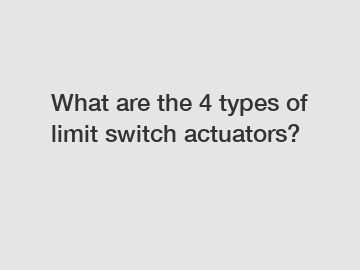
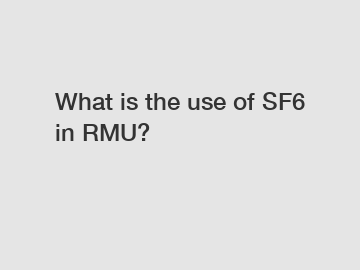
Comments
0